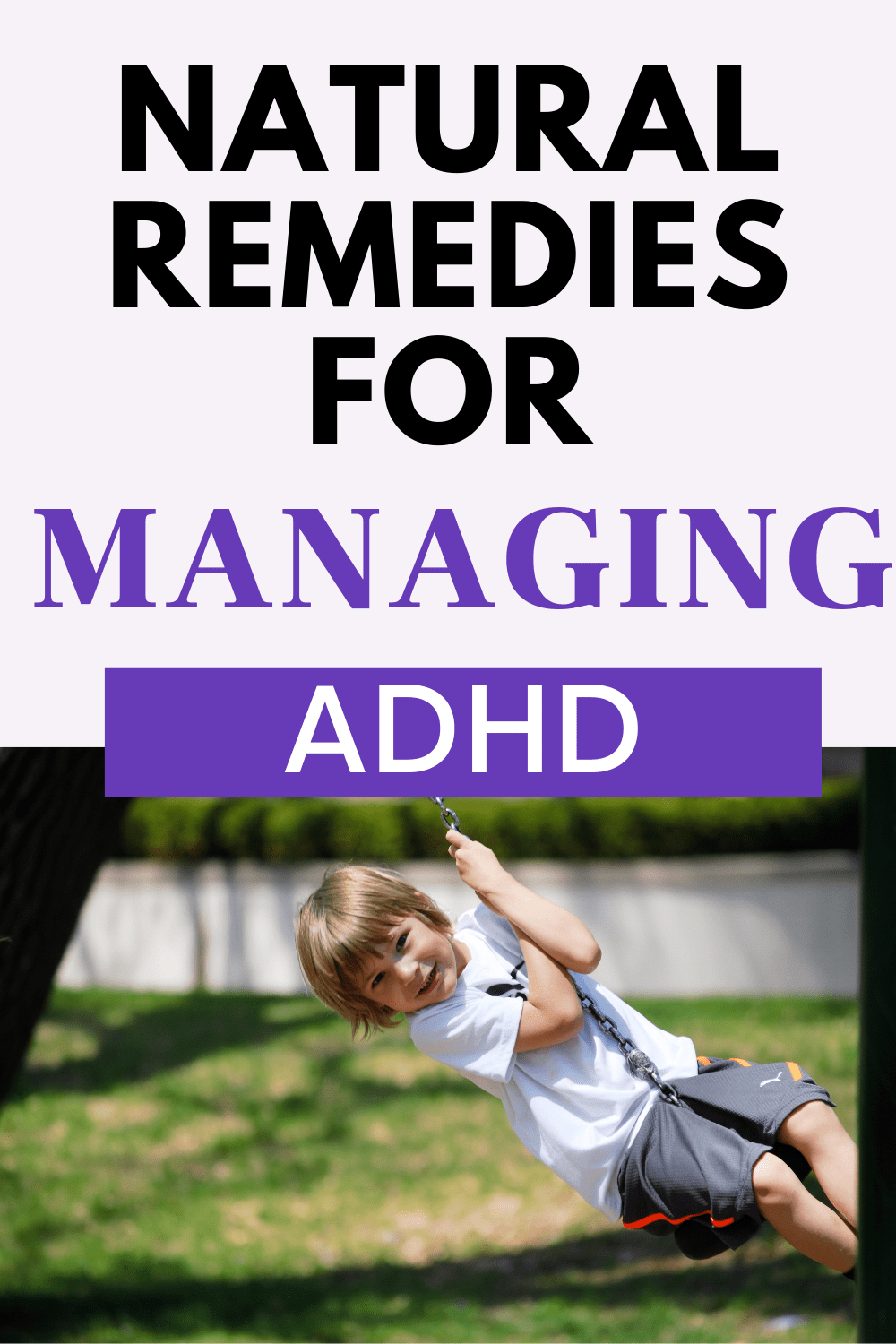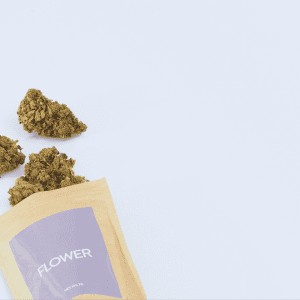
According to the Centers for Disease Control and Prevention, ADHD affects nearly 9.4% of children and 4% of adults in the US. The rising cases point to the state of mental health prevailing throughout the country. So, there is an urgent need to address this issue.
Natural remedies show promising potential to manage the symptoms of this disorder minus the side-effects that come with prescription medications. This course of treatment falls under the bracket of alternative medicines. Both treatments work but natural remedies keep you on the safer side. Let’s take a deeper look at the remedies.
Nutrition
Vitamins and minerals play a key role in managing ADHD. So, it’s important that you take a vitamin-rich diet to enhance your overall health. The following vitamins and minerals are extremely helpful for ADHD patients:
Vitamin C
Vitamin C plays an important role in the formation of neurotransmitters in the brain. Plus, it carries a variety of functions in the body that make it a vital part of your diet.
Vitamin B6 & Magnesium
The presence of B vitamins is directly linked to a healthy nervous system. In fact, vitamin B6 triggers the production of neurotransmitters such as serotonin, dopamine, and norepinephrine. This makes it a good choice for managing ADHD. In addition, the mechanism of vitamin B6 and magnesium are connected.
Low levels of magnesium can cause irritability and lack of attention. Similarly, vitamin B6 deficiency causes poor memory, and increased activity. If you take magnesium and vitamin B6 together, it can be very helpful in alleviating the symptoms of ADHD.
Zinc
Zinc regulates dopamine levels in the brain. So, if you have a deficiency of this mineral, it can lead to attention issues.

Eat Clean
Eating clean means that you should avoid eating processed food, chemically-enhanced food, and additives. In order to eat clean, you should avoid the following foods:
Caffeine
Caffeine is a popular choice in people with ADHD. It works as a stimulant and increases the production of dopamine that leads to enhanced focus. Well, regular use can make you addicted and put unwanted pressure on the adrenal glands. It can also lead to increased anxiety, insomnia, and nervousness.
While caffeine has its benefits, the negative effects outweigh it. So, it’s a good idea to eliminate caffeine from your diet and manage your ADHD symptoms more effectively.
Sodium
Salt is essential for the proper functioning of the body provided you take it in limited amounts. If you consume more than the required amount, it can lead to problems like hypertension and headache. Sodium Benzoate has been directly linked to ADHD.
While buying any products, make sure you read the labels carefully to analyze the quantity of salt they have. According to the American Heart Association, the recommended amount of salt is 1500mg or less per day.
Sugar
High sugar intake is directly linked to a lot of health problems. It is devoid of any nutrients and is bad for your ADHD symptoms. If you consume too much sugar, it can lead to problems with focus, memory, and energy crashes. So, avoid excess intake of sugar as it complicates your ADHD symptoms.
Exercise
Research says that exercise can be highly beneficial in managing ADHD symptoms. It’s not just one exercise that is suited to benefit you but you can do multiple exercises. You can choose one that you’re comfortable with and practice it daily. As you form a routine, you’ll feel motivated to push yourself to the limit. This has an impact on your brain too and it starts adjusting to the routine.
Other options for physical activity include running, yoga, spinning classes, etc. Exercise will keep your mind busy and channel your energy towards better health.
Sleep
Proper sleep is very important for your overall health. Lack of sleep can trigger various health problems and can have a bad impact on your brain. If you sleep less on a regular basis, you’ll lose your ability to concentrate and focus. This also has an impact on your mood. You’ll feel irritated and show symptoms of hyperactivity. This is bad for your ADHD and can make it worse.
An adult needs 7-9 hours of sleep while children need 9-11 hours of sleep on a daily basis. If you haven’t been sleeping well, it’s time to form a sleeping schedule. Follow it every day and you’ll feel the relief from your ADHD symptoms.
Protein
Regardless of ADHD, protein should be a very important part of your diet. Protein helps in regulating blood sugar and has a positive influence on the neurotransmitters. Protein serves as a building block for neurotransmitters as it contains amino acids. So, if you eat a diet rich in protein, your brain functions better.
In addition, neurotransmitters like norepinephrine and dopamine have an important role in treating ADHD. This stems from the fact that most ADHD medicines work by increasing the production of dopamine and norepinephrine in the brain. So, increase your protein intake and you’ll perform better through the day.
Yoga
Yoga is a therapy for the mind and body. Research shows that people who practiced yoga on a regular basis saw a marked improvement in anxiety, hyperactivity, and social phobia. Yoga involves a combination of poses and deep breathing exercises that work by improving your body’s functionality. Your mind is calmer and you start gaining control over your thoughts. As a result, you are less likely to go through episodes of impulsive behavior.
If you haven’t been able to manage your ADHD symptoms, it’s time you give yoga a try. You can take help from an instructor or see some video tutorials to learn the basics. It might seem overwhelming at first but once you get a hang of it, you’ll see the relief it offers.
Spend time outdoors
Children with ADHD might feel neglected due to their behavioral patterns and this might limit their activities outside. Well, if they are left alone, this can induce thoughts of loneliness which is bad for ADHD. It’s important that these children spend time outside.
According to a journal, spending 15-20 minutes outside can go a long way in increasing concentration and focus. Natural settings and landscapes are the best and can work as a safe ADHD treatment for people.
Avoid Allergens
People with ADHD have a higher incidence of allergies and food intolerance. Allergy can trigger unpleasant behavior and make symptoms worse. So, it’s better to avoid allergens.
In general, you should avoid preservatives and additives such as BHA and BHT which aim to preserve the quality of oil in processed food. It can be found in butter, potato chips, cake mixes, chewing gum, and cereal.
Along with these, you should also avoid eggs, milk, and chocolates. Last but not least, foods with salicylates should also be avoided. These include berries, grapes, apples, tomatoes, oranges, and peaches.
Parental Therapy
For children battling ADHD, parental or behavioral therapy is a great option. It involves closely monitoring the behavioral patterns and taking active steps to improve it. Spend time with your children and keep them engaged in something. Don’t let them set idle and look for productive activities for them.
It’s a good idea to set up goals and discourage bad behavior. When you do this on a regular basis, you’ll see shades of improvement in your child. It’s not always about following a single approach. You should keep adapting and always encourage your child to act better.
These natural remedies surely offer relief but you might want to have a word with the doctor. For that, it’s important you find a reputed clinic that can offer all the help you need.
Talk to a Certified Doctor
It’s always a good idea to contact certified doctors. They have the necessary experience and expertise to manage ADHD effectively. You can discuss how natural remedies can provide you with relief from ADHD. The doctor can screen your health and offer you customized advice based on your analysis.
If they prescribe any medications, make sure they are safe. Most prescription medications work by enhancing the function of neurotransmitters which helps in managing the symptoms. But these medications come with various side-effects that can harm your health in the long run.
To be on the safer side, you should find a clinic that houses certified doctors. Just follow these steps to find a good clinic:
Do Some Research
Go through a list of clinics that enjoy a good rating and positive reviews from customers. You can do that by visiting websites that rate services or read google reviews.
Check The Certifications
The certifications serve as proof that a particular clinic is genuine. Certified clinics house experienced doctors who can provide the right line of treatment for ADHD. Just contact them in advance and verify if they have the necessary licenses and certifications.
Compare
It’s always a good idea to make a list of 3-4 clinics. This gives you a wider array of options. Plus, you can compare them on the basis of services, expertise, experience, and reputation. Choose the one that offers a healthy balance of all the parameters.
Once you find the clinic, book an appointment, and talk to the doctor. Make sure you ask the relevant questions and get the treatment you deserve.
Pin This Post

Share This Post





